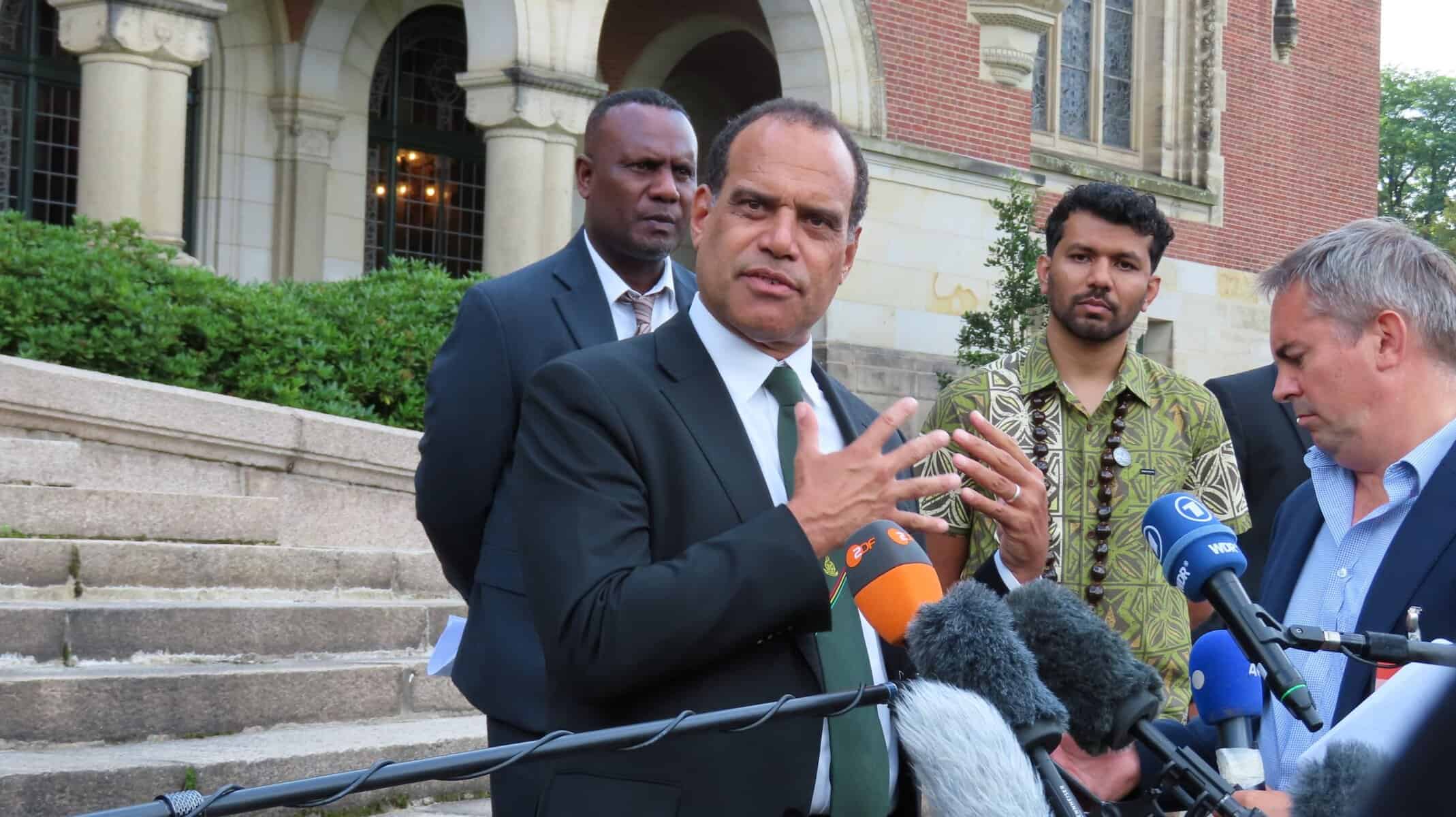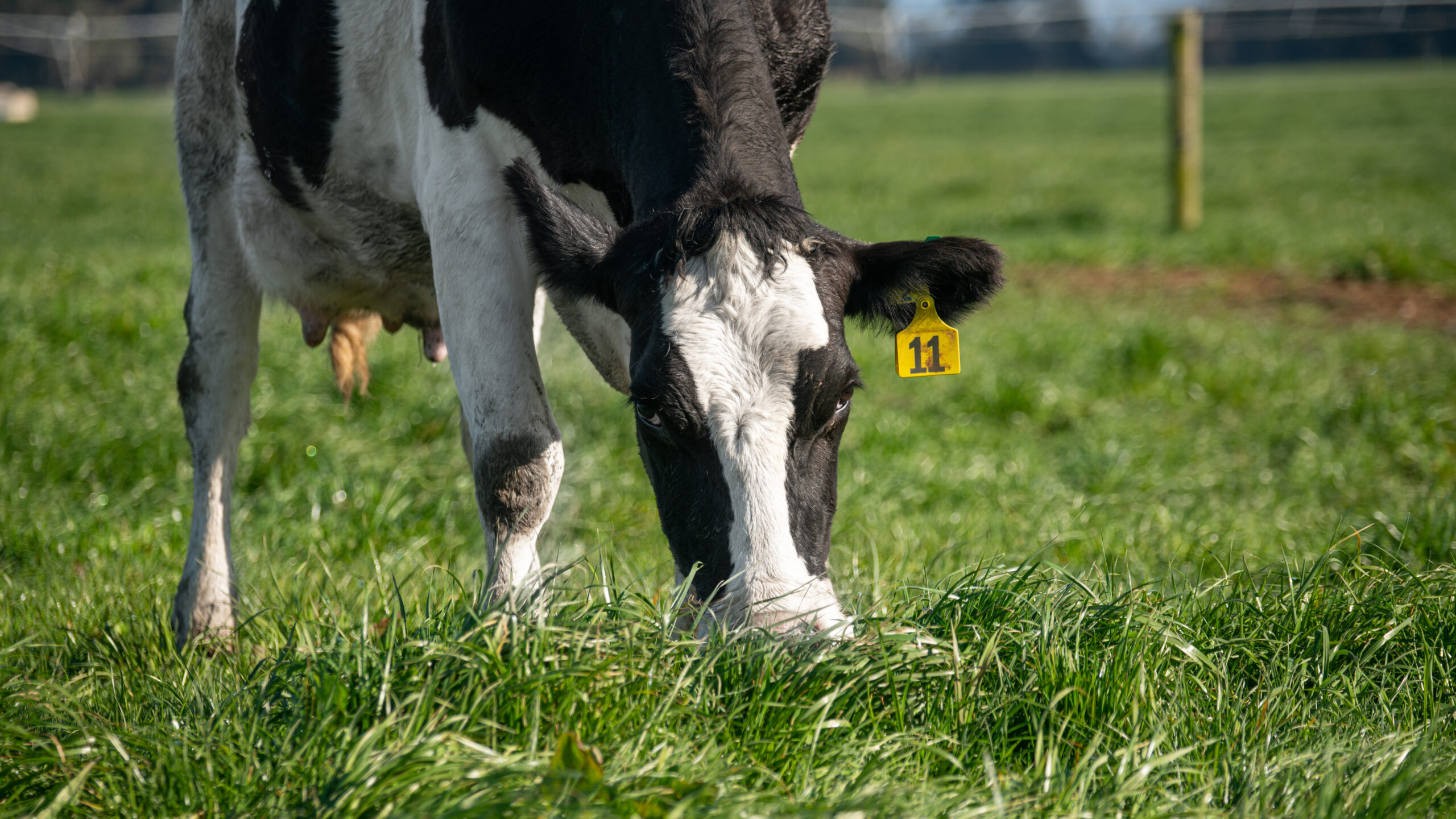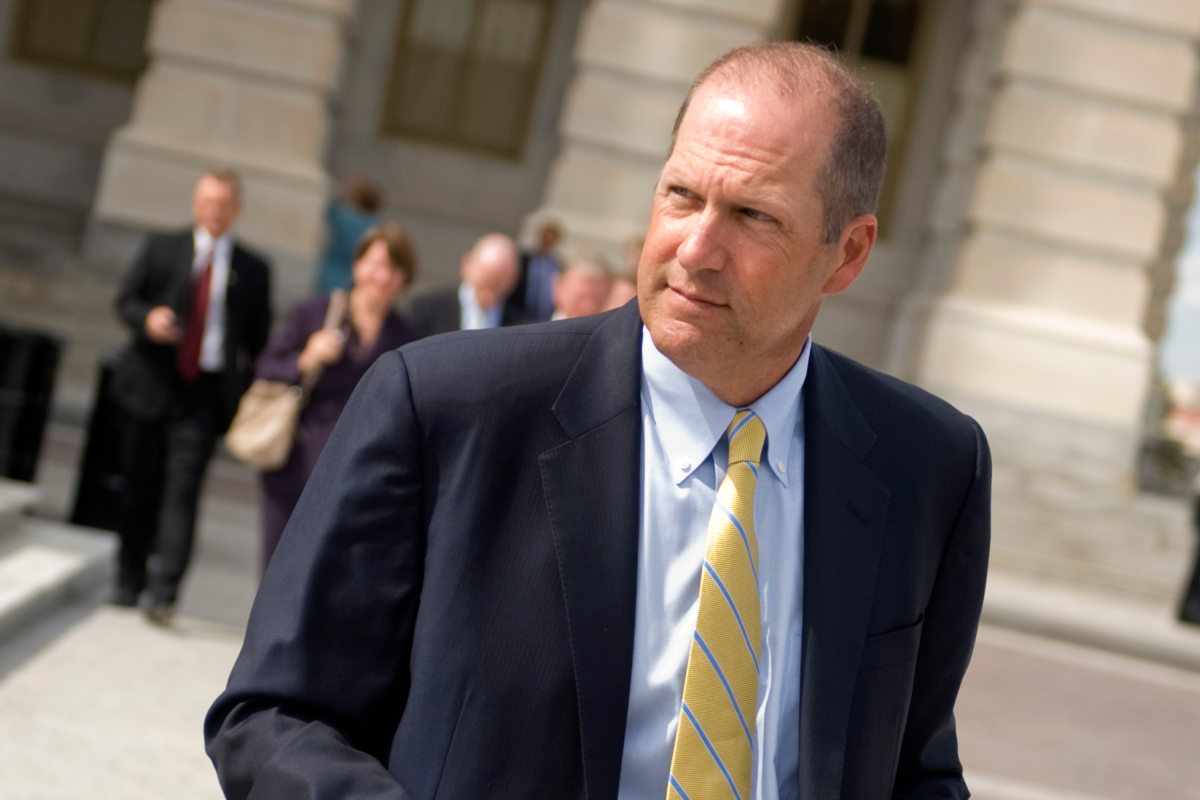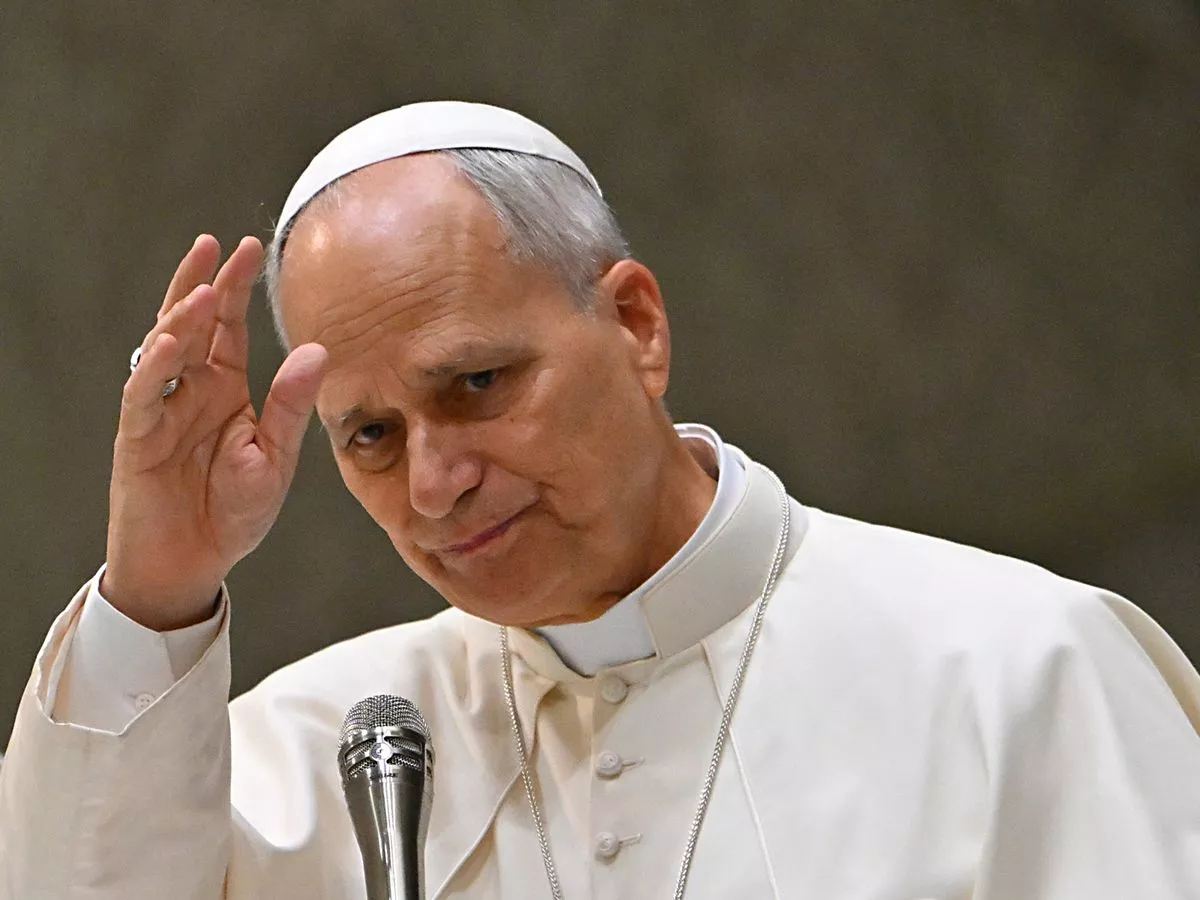Copyright islandsbusiness

THE stage is set, and Brazil is ready to host COP30 in the coming weeks. But across the Pacific, there’s a quiet mix of anticipation and weariness — a cautious hope that this year’s conference may finally bring substance to promises long overdue. For Pacific island nations, the battle within global climate negotiations has always been twofold: proving the science and defending the legality of their survival. But following the landmark International Court of Justice Advisory Opinion (ICJAO), the region enters COP30 with renewed confidence that the ruling could shift the dynamics of climate diplomacy. “The annual gathering of COP struggles to keep up with the pace of what is needed,” says Vishal Prasad, Director of the Pacific Islands Students Fighting for Climate Justice (PISFCJ). Speaking on what he calls the snail-like pace of action, Prasad contrasts the sluggish progress in negotiation rooms with the lived devastation Pacific islanders face daily as the impacts of climate change accelerate. Yet this year, Pacific negotiators are coming armed with something new — a legal compass.“The ICJ ruling gives us both a compass of telling us what must be done and a yardstick of how we will measure action,” Prasad explains. According to him, the advisory opinion provides crucial legal clarity — and Pacific delegates will push two key demands at COP30. The first: ensuring compliance with international law.One of PISFCJ’s foremost demands is that “states use all the means at their disposal to prevent climate harm,” aligning with the ICJ’s assertion that the IPCC represents the best available science for global climate policy. In practice, this means every fossil fuel policy — from production and licensing to consumption and subsidies — must align with the 1.5°C target.“Any policy or plan inconsistent with the 1.5 degrees Celsius goal or that adds to fossil fuel use is essentially on the wrong side of international law at COP30,” Prasad says. He adds: “We need an outcome that translates this into practice — a commitment to end fossil fuels, to see a fossil fuel phase-out and the end of fossil fuel subsidies as necessary steps to discharge this legal obligation.” The 1.5°C limit has long been the red line for Pacific civil society groups. Yet, year after year, that figure has been softened or omitted entirely from COP outcome texts under pressure from major emitters. This time, the ICJAO could make it harder for wealthy nations to evade accountability. Prasad underscores that developed countries now have a legal duty to provide climate finance:“States must cooperate in good faith to prevent significant climate harm, and that this cooperation must be anchored in the 1.5 degrees Celsius limit,” he says.“Cooperation here isn’t just about diplomacy — it includes providing finance and support where it’s needed.” The world’s highest court has made clear that adaptation and financial support are legal obligations, not acts of charity. “That means that the finance outcomes at COP30 are no longer discretionary,” Prasad stresses. Pacific Frustrations and Fading Faith in the COP Process But despite this legal milestone, optimism in the Pacific remains cautious. After years of unmet promises and procedural stagnation, many in the region question whether COP30 will truly deliver. Some Pacific nations have scaled back delegations due to high costs and dwindling confidence. The disappointing outcomes of COP29 in Baku and logistical hurdles this year have only deepened skepticism. “For Vanuatu, we have very little expectation for COP this year,” says Hon. Ralph Regenvanu, Vanuatu’s Minister for Climate Change.“We come off the back of very unambitious outcomes from COP29, a lack of progress of the subsidiary bodies meeting mid this year, and then of course the IMO in London.” Regenvanu draws parallels with recent global negotiations, pointing out how similar obstructionist tactics were used to stall progress on the Plastics Treaty and IMO Net Zero framework — frameworks Vanuatu had hoped to see strengthened this year. “The COP process has been slightly effective,” he admits, “but of course it is nowhere near what we need to avert the catastrophic environmental crisis approaching us. As we fail to deal with reducing temperatures adequately, in that sense it hasn’t been effective at all.” A Turning Point in the “Lungs of the Earth” For others, COP30 represents a symbolic return to the birthplace of global environmental diplomacy. Dr. Sindra Sharma, International Policy Lead for the Pacific Islands Climate Action Network (PICAN), has spent countless hours inside COP negotiation rooms. Speaking from Lima at an IPCC session, she reflects on the moment’s significance. “It’s been 10 years since the Paris Agreement. We are coming back to the birthplace of the Rio conventions and the birth country of the Rio Convention. There is a lot of weight on hosting COP in the lungs of the earth — the Amazon — and we have heard that this will be an implementation COP,” Sharma says. “That this is a COP where we are going to see a real shift — a change in the right direction — to correct the course of the ambition that has been lacking overall.” Sharma believes the ICJ’s opinion arms Pacific negotiators with a powerful new tool.“The Court confirmed that duties flow from treaty law, customary international law, the law of the sea, and human rights — and these bodies of law inform each other,” she explains.“So in practice, science no longer just guides policy — it sets the due diligence standard. We’re going into this COP with that as we course-correct the trajectory that current NDCs are pointing us to — back to 1.5°C.” The Pacific COP Question Amid preparations for COP30, one question lingers across the region: Will the Pacific co-host COP31 with Australia? At the UN General Assembly in New York, discussions aimed to bridge Australia’s bid with Turkiye’s competing proposal.“So we went to the UNGA in September in New York where there was a concerted effort to try and bring Australia and Turkiye together,” says Regenvanu. “The Pacific Island states were ready to come with Australia to push for this. What happened there was that Turkiye didn’t allow us to come into the room — they only allowed Australia — and that opportunity obviously hasn’t produced a compromise.” Time is running out. While Pacific leaders have consistently voiced their joint support for Australia’s bid, the final decision remains in limbo. Looking Ahead As the countdown to COP30 in Belém, Brazil, begins, the Pacific stands at a crossroads — between fatigue and faith, between law and politics, between survival and sovereignty. Armed with the moral weight of science and now the legal authority of the ICJ, Pacific voices are preparing once again to speak truth to power — and to remind the world that for them, climate change is not a debate. It’s home, life, and the future itself.



